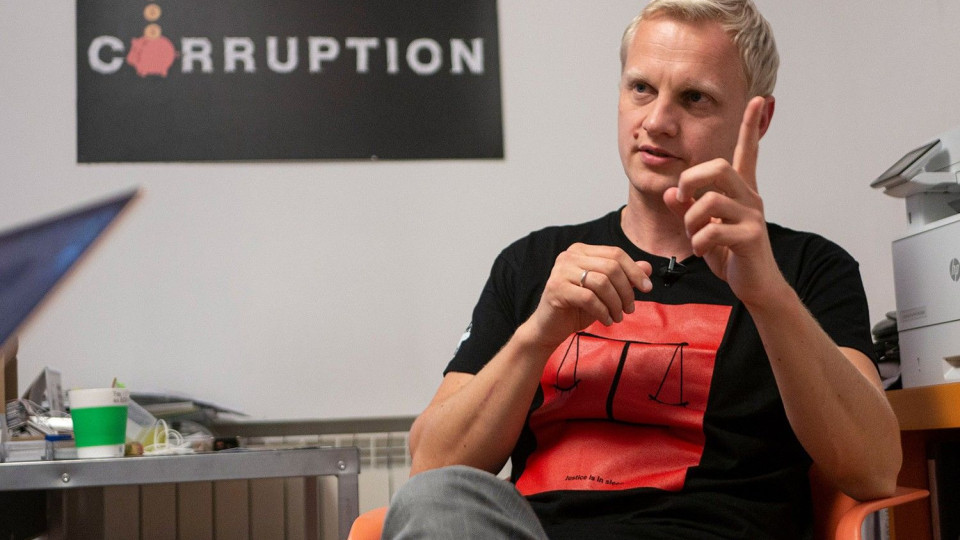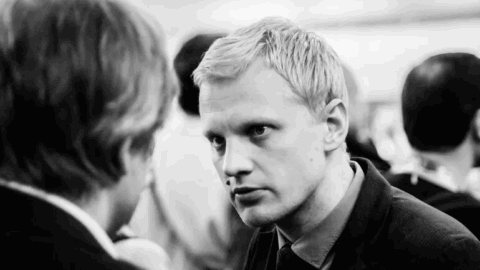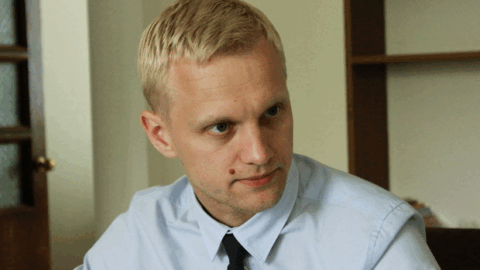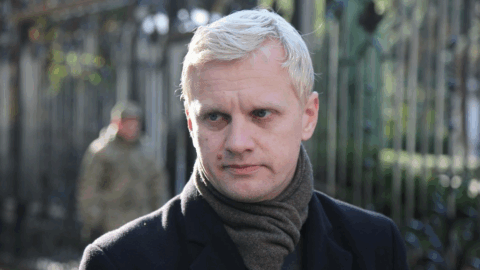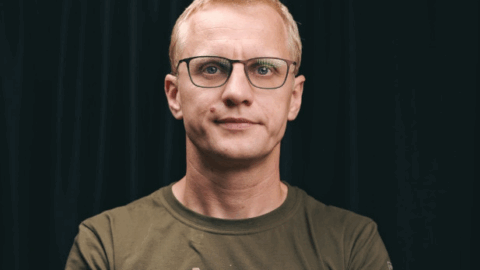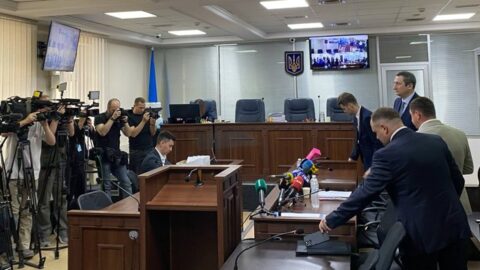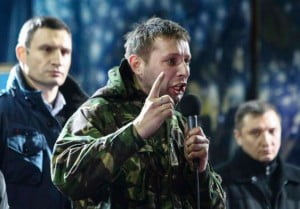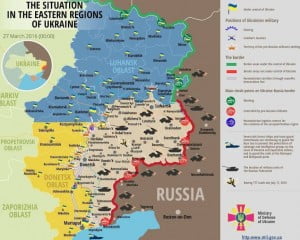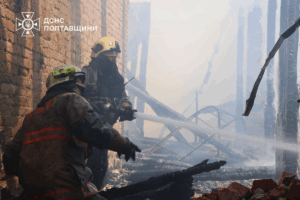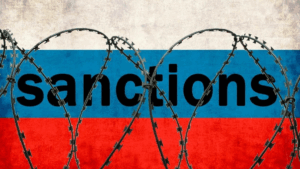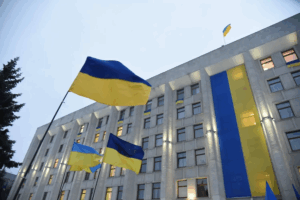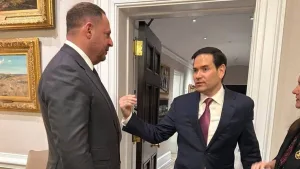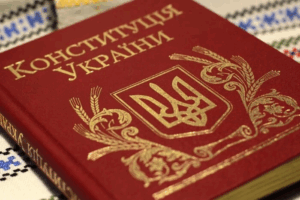The search of Vitalii Shabunin’s home and the charges brought against him for “evading military service” and “fraud” are events that cannot be interpreted as a routine legal procedure. This is political persecution. And it will have consequences far beyond a single criminal case.
Ukrainska Pravda made a statement saying that as media, it cannot remain silent.
It is even more important to assess these events in context.
While Deputy Prime Minister Oleksiy Chernyshov, who has been served a notice of suspicion by NABU for causing multimillion-dollar losses to the state, not only retains his position and has not been suspended from his duties, but also publicly participates in the Ukraine Recovery Conference in Rome — Vitalii Shabunin, a soldier and volunteer from the first days of the full-scale war, is being served a notice of suspicion.
And it’s being done in a way that leaves no doubt: Shabunin is being persecuted not for what’s written in the suspicion notice (even setting aside the questionable nature of the accusations), but for his professional activity.
His home was searched in his absence — despite the fact that he has not lived there for a long time, and it is currently home to his wife and two young children. In his military unit in Kharkiv region, his phone was confiscated without a court order and without access to a lawyer. Investigative actions were carried out with him until morning. This is a disturbing and unprecedented scenario, even by Ukrainian standards.
We do not deny that every citizen of Ukraine must be accountable to the law. But justice is also about context, consistency, and equality before the law. The fact that one of the key figures in a NABU case remains in office, while an activist serving in the army is publicly discredited, speaks not to the rule of law — but to politically motivated persecution.
Another event is equally symptomatic. In June, the government refused to recognize the results of a transparent competition for the position of head of the Bureau of Economic Security (BES). Following interference by the Security Service of Ukraine (there is reason to believe it was not initiated independently) and a letter that had no legal basis, the Cabinet of Ministers voted to cancel the results of the competition, in which a candidate not loyal to the Presidential Office had won.
This decision became a troubling signal of the government’s retreat from the principle of institutional independence.
Against this backdrop, the silence of Western partners is another important element of the picture. As reported by European Pravda, at the Ukraine Recovery Conference in Rome, no foreign high-ranking official publicly raised the issue of the broken BES appointment process. G7 ambassadors also remain silent. This silence is de facto perceived by the authorities — including personally by the president — as approval. The government has received a signal that from now on, its actions may deviate from democratic standards without consequences.
This creates a dangerous precedent. The Shabunin case, the BES story, and the ignoring of the charges against Chernyshov are not isolated incidents. These are elements of a new political strategy: weakening institutions, personalized persecution, dismantling public oversight. And all of this is happening during wartime — when the state should instead be relying on trust, transparency, and equal rules.
Ukraine must remain a democracy even during war. Otherwise, we risk losing not only territory, but also our identity and the core purpose of our years-long struggle — to build a European country, not a shadow of Russia or Belarus.

